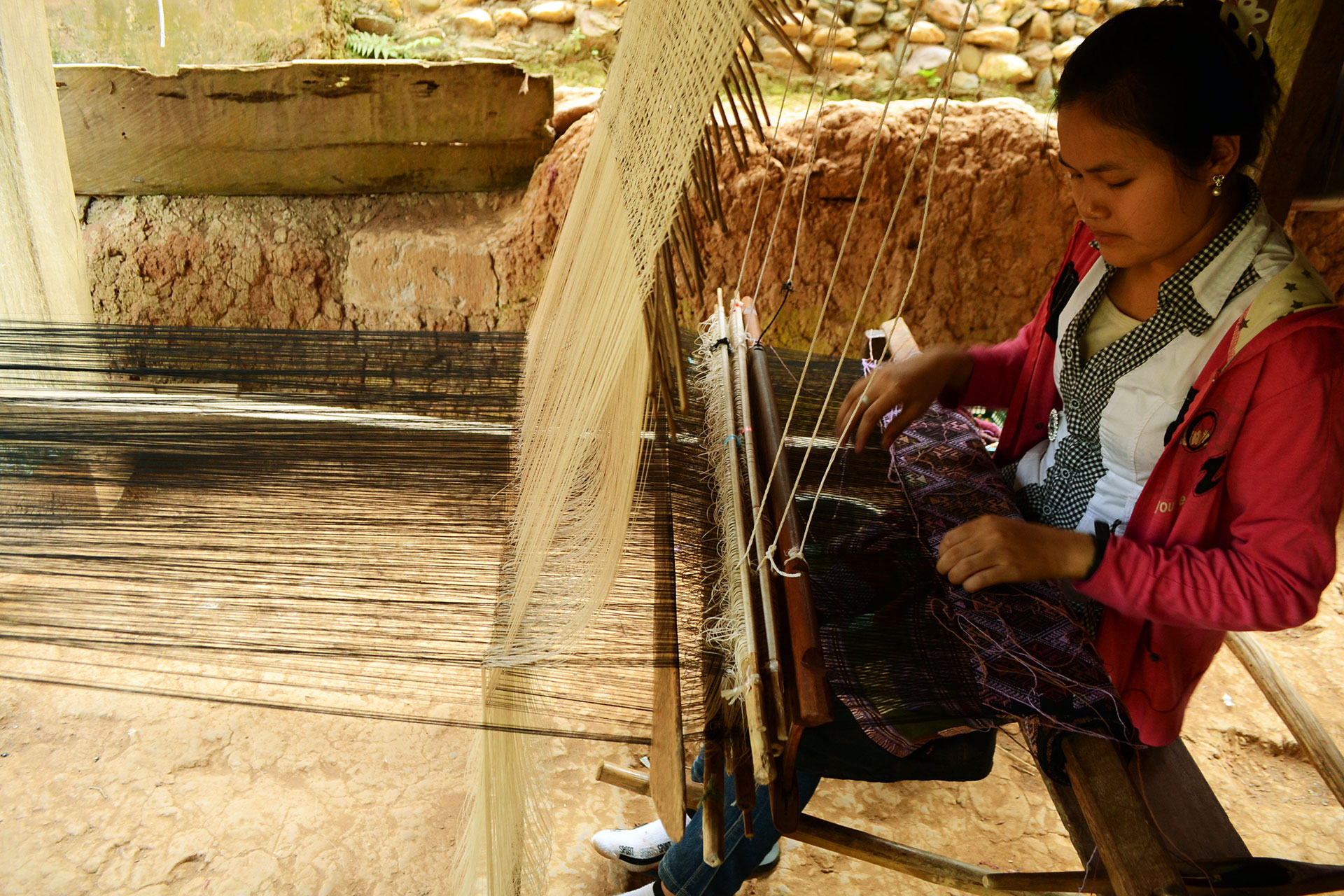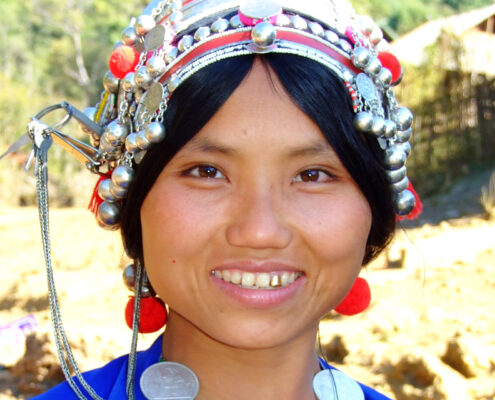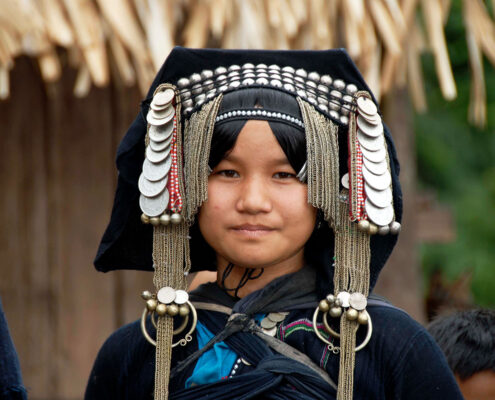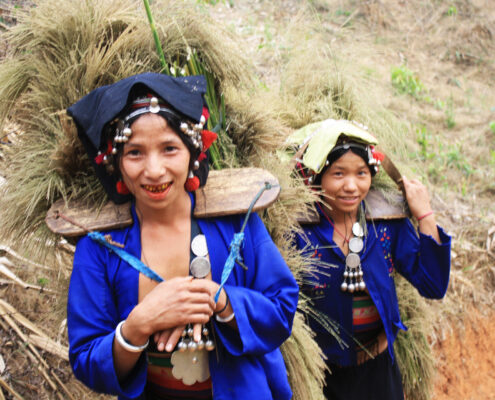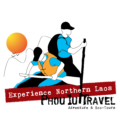To preserve the natural and cultural heritage to be sustainable:
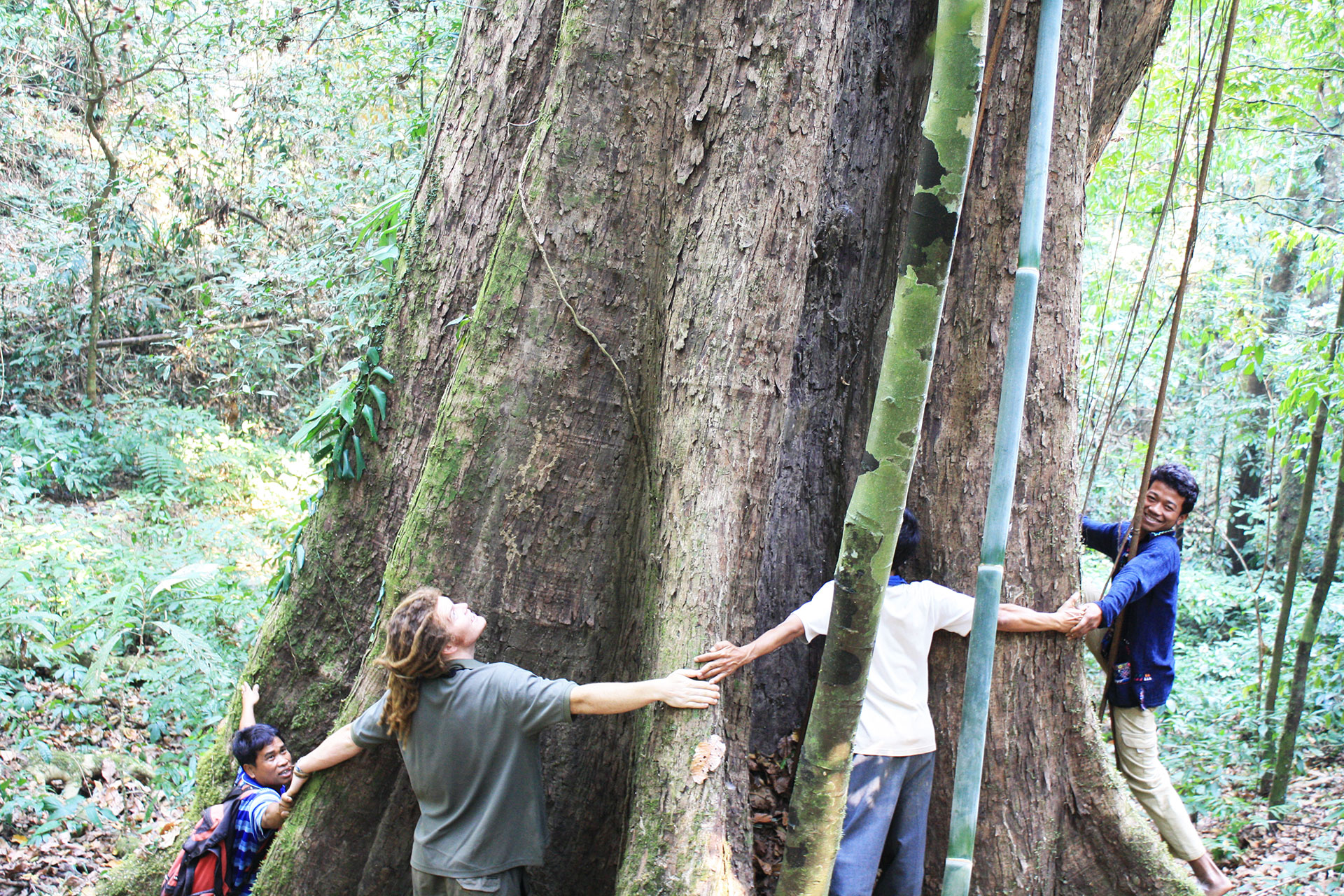
Luang Namtha province has a Nam Ha NPA of 222,400 hectares, which is still rich in biodiversity, wildlife. There are many ethnic groups living there. Currently, it is about to change because the way of life of most of the people is still living mainly on nature, such as cultivation, hunting for food, etc. The culture and customs of the people of the ethnic groups have declined due to the influence of other cultures. Therefore, Eco-tourism, especially hiking, will make people turn to conserve natural and cultural heritage more.
To create opportunities for ethnic groups to have jobs, generate sufficient income and get out of poverty
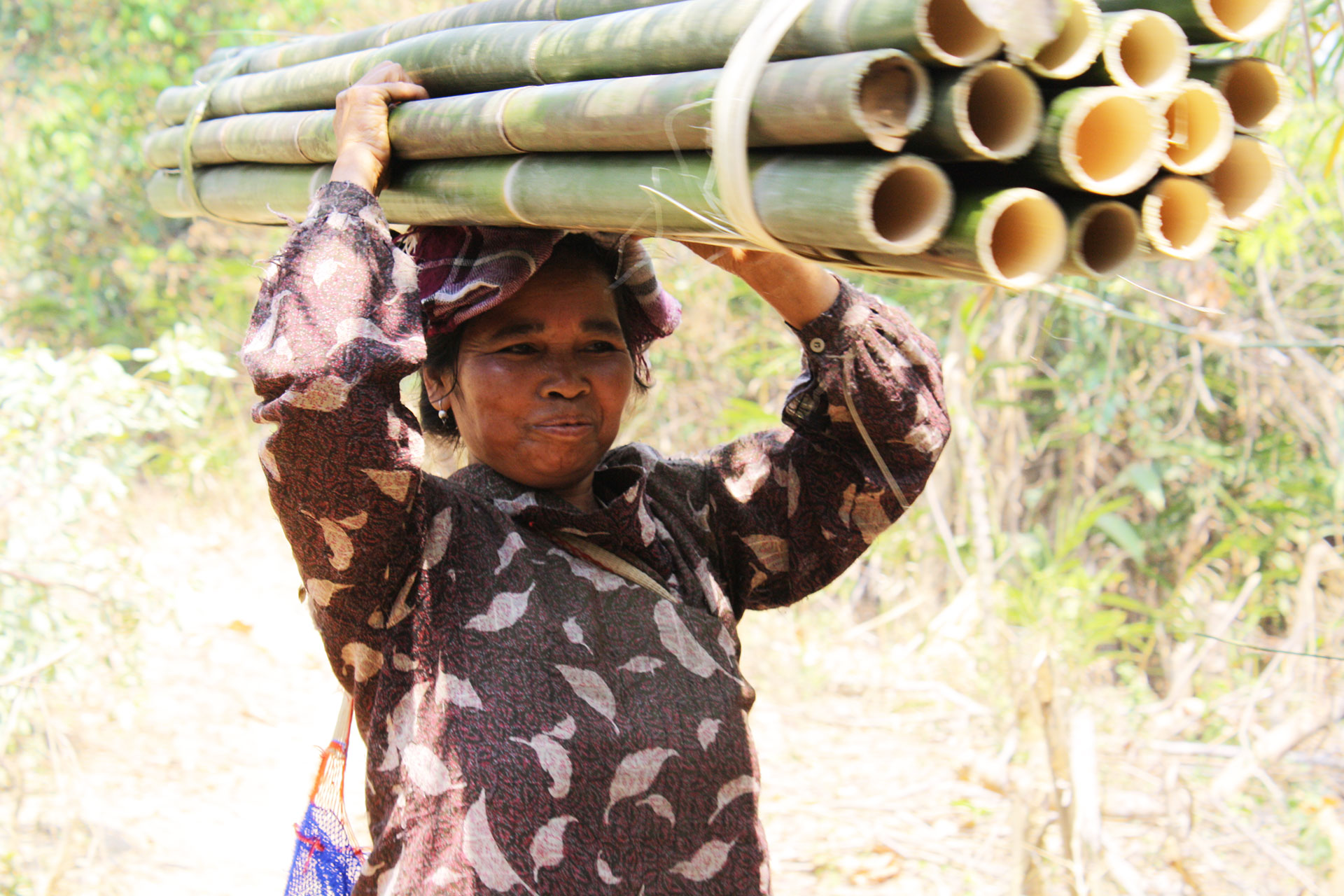
Most of the ethnic groups, who live in Nam Ha NPA are still poor. main jobs are farmers and collect none timber forest products. Eco-tourism is a good management system from the public sector, especially the tourism sector, resulting in job creation, increased income from tourism by being the local guides, local food service, village homestay, cultural performances, souvenirs made from natural materials and other services.
To create awareness for local people to conserve the environment, natural resources and cultural resources
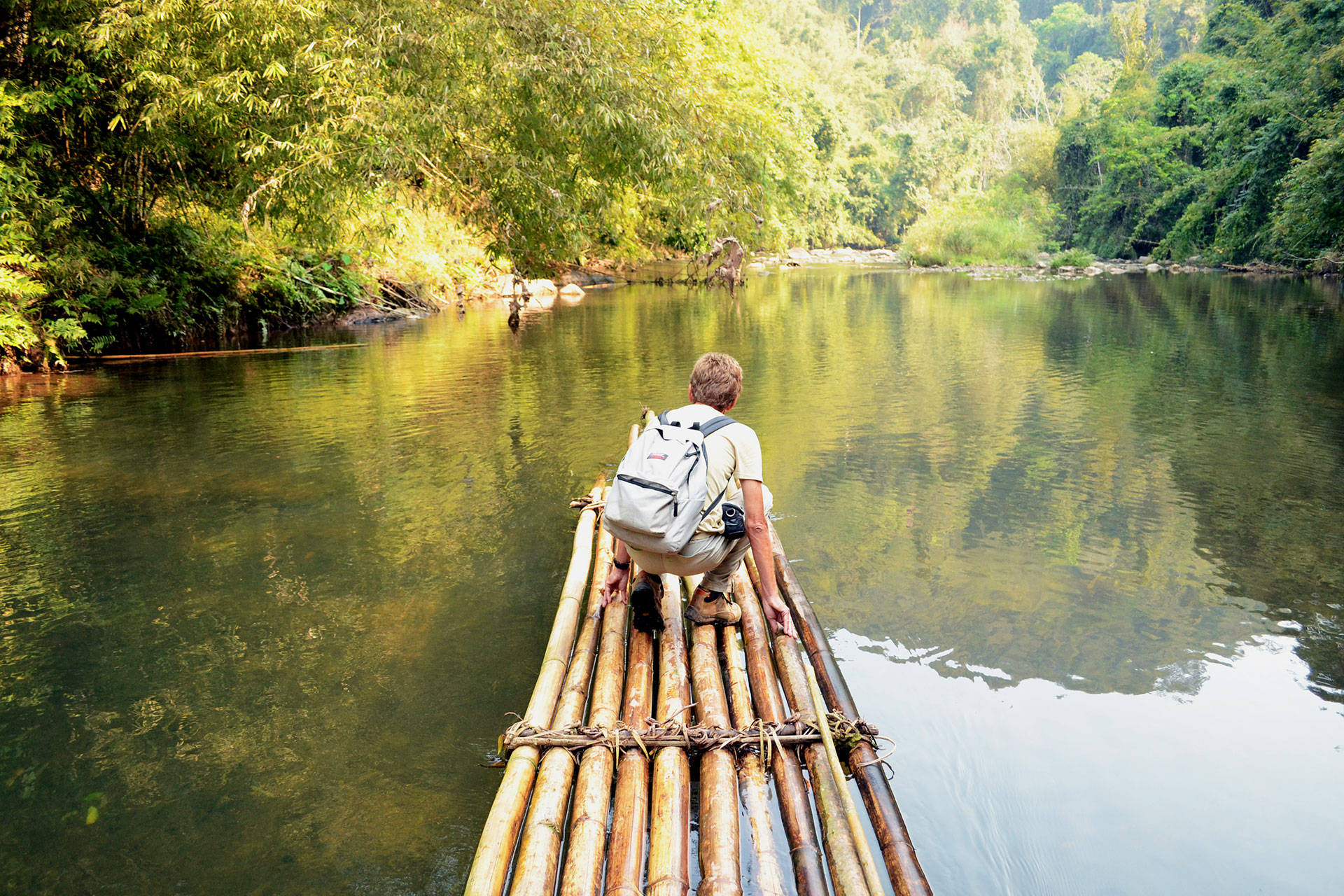
Since these are tourism resources when there are tourism services, the local people must conserve the natural resources including the environment in their villages to be clean, ecologically balanced and sustainable. At the same time, they will study and research the inheritance of the unique cultural of their ethnic groups so that tourists can touch and create an impressive experience for tourists and see the cultural values of the tribes.
To build strength and equality between men and women of ethnic groups
